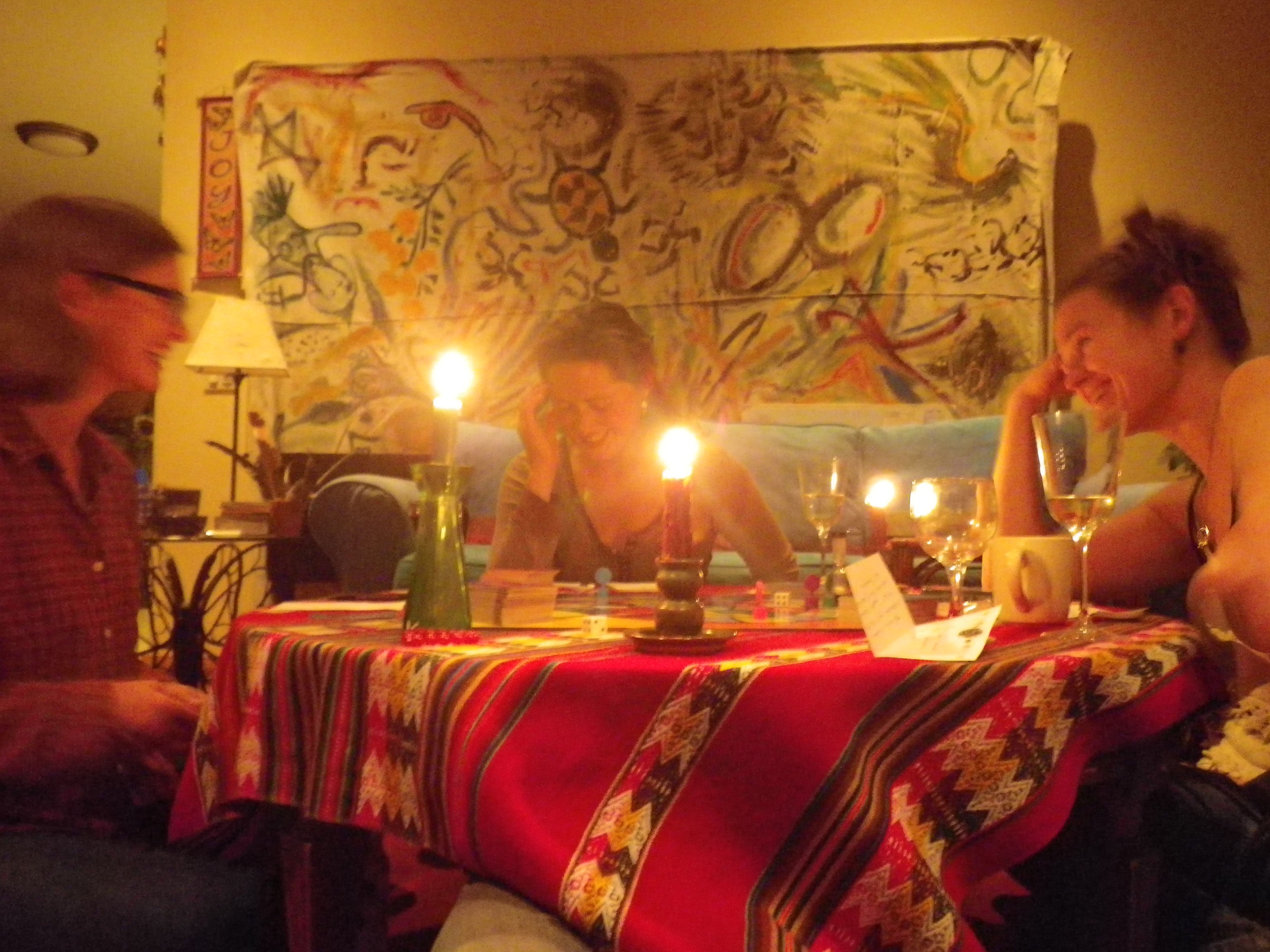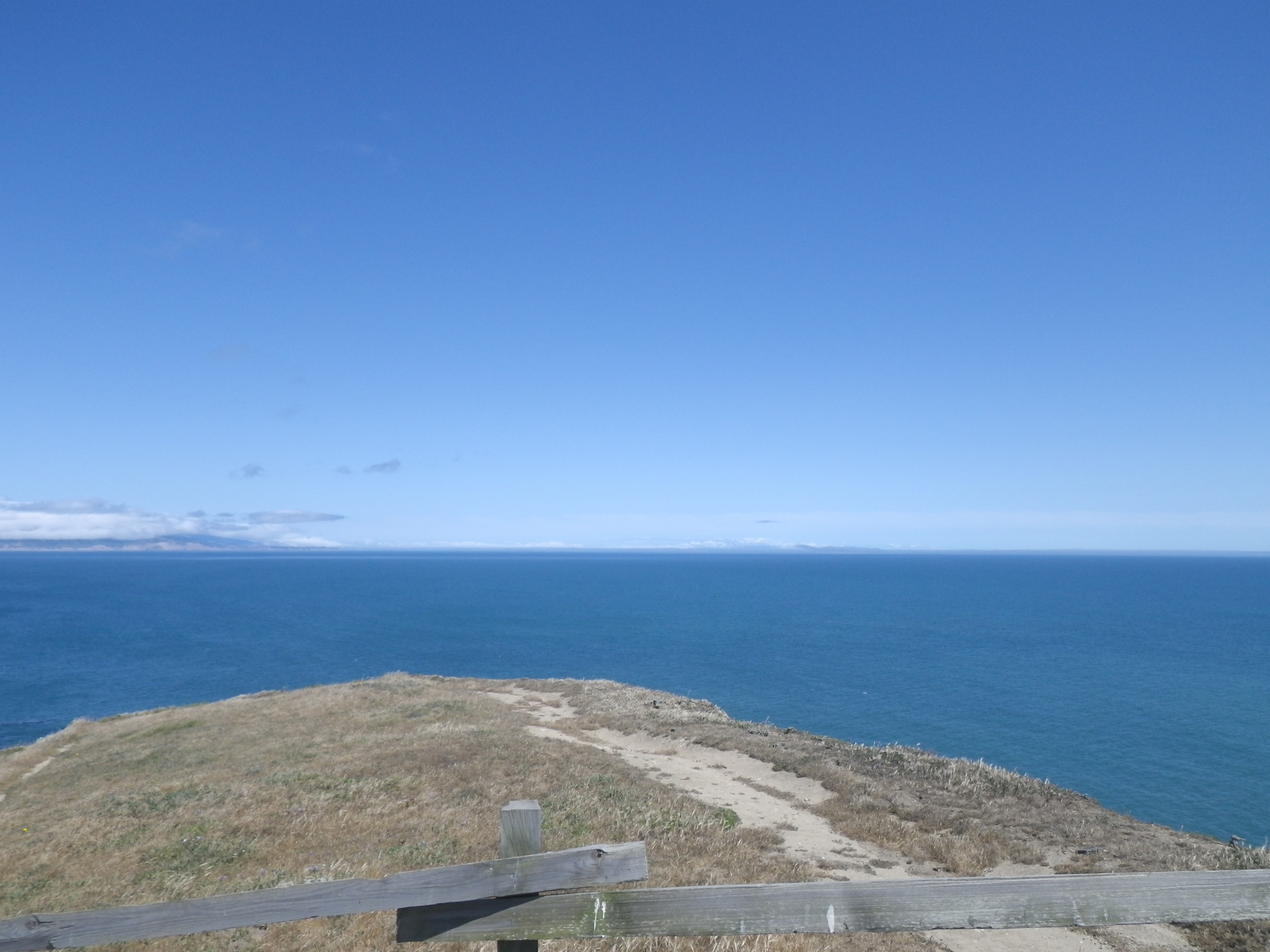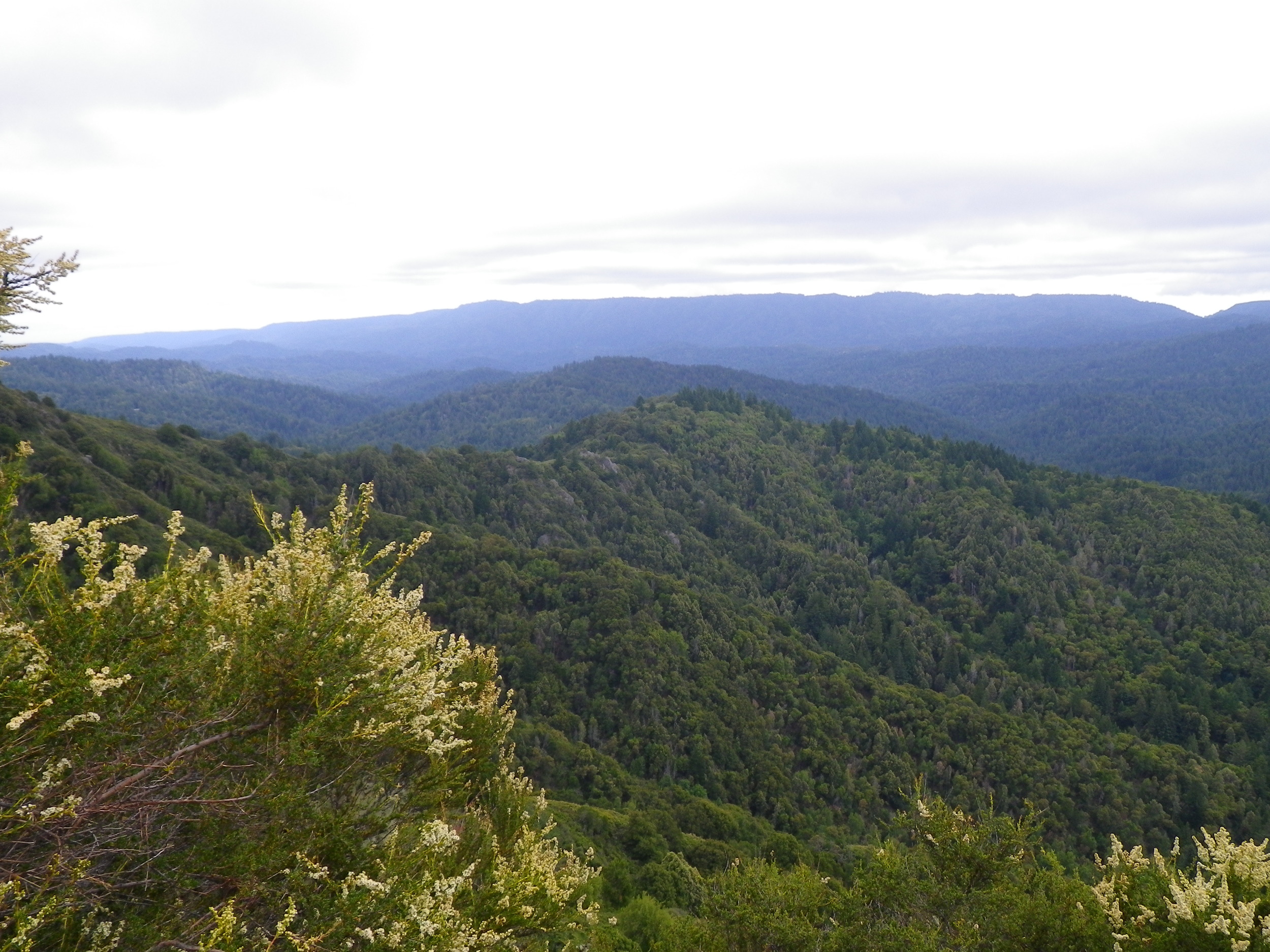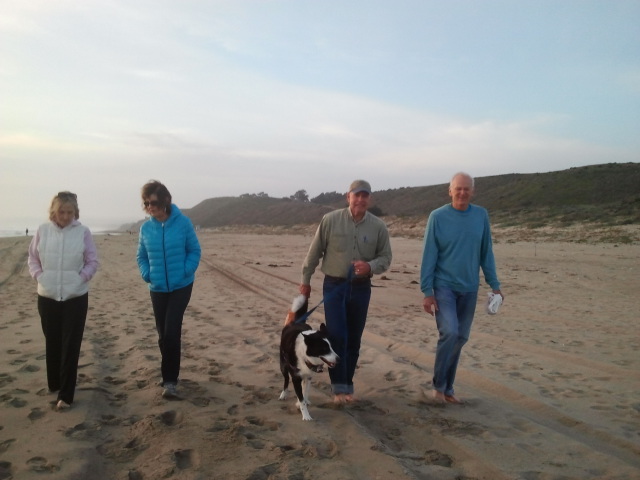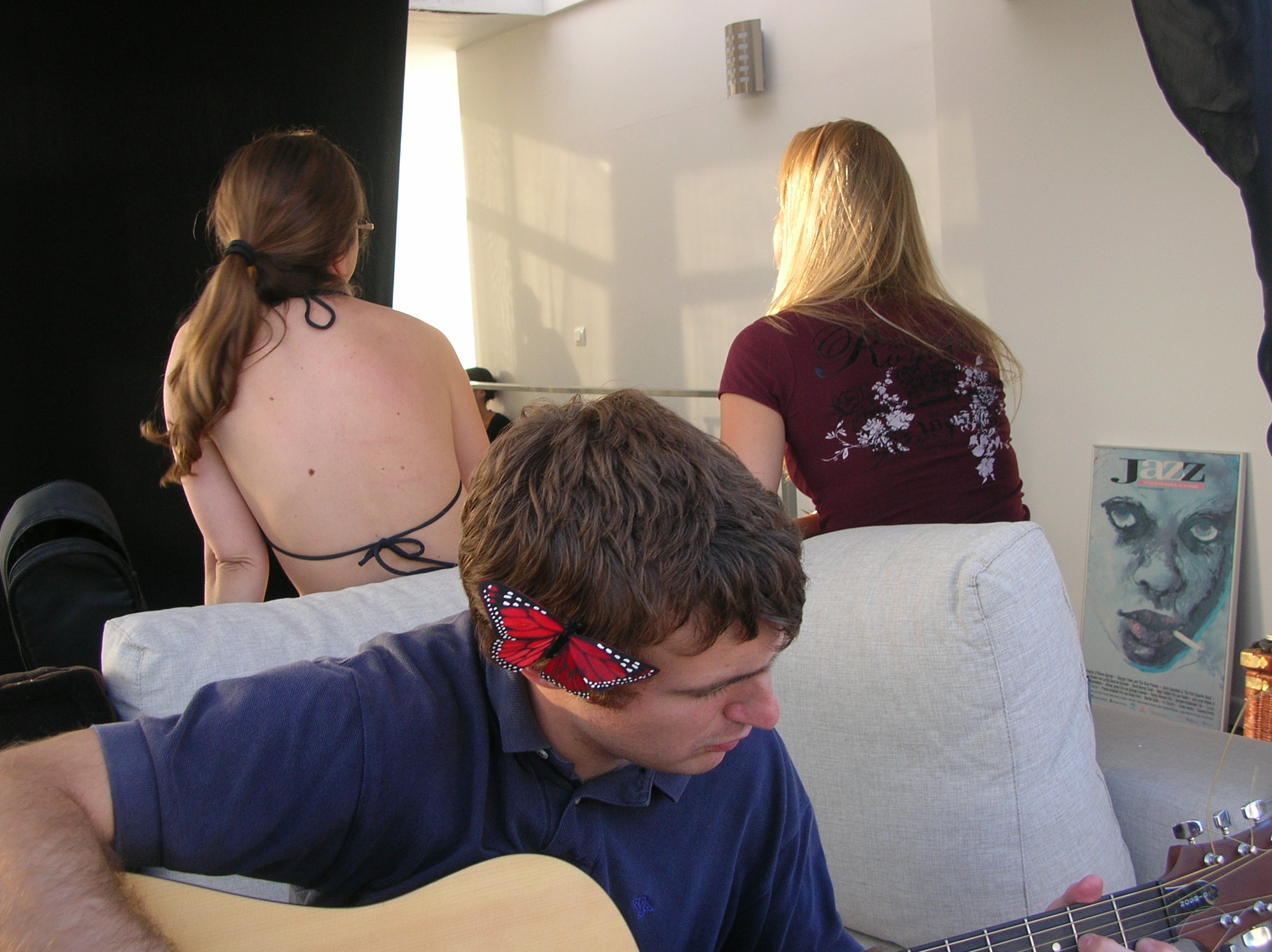Things I worried about when I was five years old:
- adults getting on their knees so they could look me in the face
- what I'd do if someone actually passed me the ball on the soccer field
- if I had somehow accidentally killed our cockapoo Sasha, who laid down on the grass and died about an hour after I fed her the remainder of my ice cream sandwich
- if my part in the Teddy Bears Circus play required me to utter a single line
Things I cared about: Beatrix Potter, dogs, cats, carrots, apples, pink jelly shoes, Sesame Street, Legos, my cousins, my parents, my kindergarten teacher Ms. Neu, my friends, palm tree ponytails
Things I worried about when I was ten years old:
- delivering my first-ever hour-long oral presentation in Ms. Birse's class
- whether or not I was officially too old to be watching Shining Time Station
- being trailed by sixth-graders on BMX bikes on my walk home from school
- Two words: Zach and Brad
Things I cared about: all things Laura Ingalls Wilder, American Girl dolls, memorizing all 50 states and their capitals, winning the library reading contest, basketball, kicking the soccer ball against the garage door, writing in my diary, slip n' slides, Rollerblades
Things I worried about when I was fifteen years old:
- if, once my brother left for college, I'd somehow be an only child?
- what I was actually supposed to do when a boy asked me to dance
- whether it was better to sag my corduroy pants below my waistline or fasten my overalls (yes, overalls) around the rib-level
- getting an STD, inexplicably, without having sex
Things I cared about: creative writing, rowing, youth group, disco dances, boys, theater, gardening, friends, family, the library, running a 5k
Things I worried about when I was twenty years old:
- if I'd only get one chance at love, and I'd already messed it up
- losing my insulin pump supplies in airport security, or, worse, being informed that I could not carry the medical supplies I needed
- being mistaken for the "wrong kind" of American abroad
- tsunamis and hurricanes
Things I cared about: becoming fluent in Spanish, being in love, traveling, curing type 1 diabetes, writing, running a 10k, taking long bus trips around Granada by myself, tapas, housing co-ops, Weezer, Ben Folds, Wilco, friends, family, American politics, Rollerblades (still)
Things I worried about when I was twenty-five years old:
- whether or not I was in the right place; the right apartment, the right city, the right job, the right school, the right career
- whether or not I had a "career," or rather, where one could pick one up
- ever having the money or the job to afford the healthcare I needed
Things I cared about: biking, running a half marathon, traveling, making the rent, finding a literary community, radio, Ryan, friends, family, getting into grad school, becoming a better writer
Things I worry about now:
- finishing projects I start
- finding time to maintain friendships while being a good daughter, sister, friend, partner
- my 90-year-old grandparents
- my privacy settings on social media
- setting aside time to travel all the places I want to go, see all the friends I want to see, write all the things I want to write, run all the races I want to run
- accidentally hurting the people I love the most
Things I care about: My family, my soon-to-be-family, my friends, Ryan. Writing well. Finding - and sometimes creating - community. Biking to work in the early morning along the Guadalupe River. Running faster. Tricking my body into thinking it's normal. NPR. Cooking. Really learning to listen. Books that wake me up. Camping. Pink Converse sneakers and green pants. Lighting a paper lantern and holding the corners of it with my favorite man in the world, watching as it gets ever smaller in the sky, surrounded by the happy grown-up versions of the people I grew up with. And always, forever, writing it all down.





